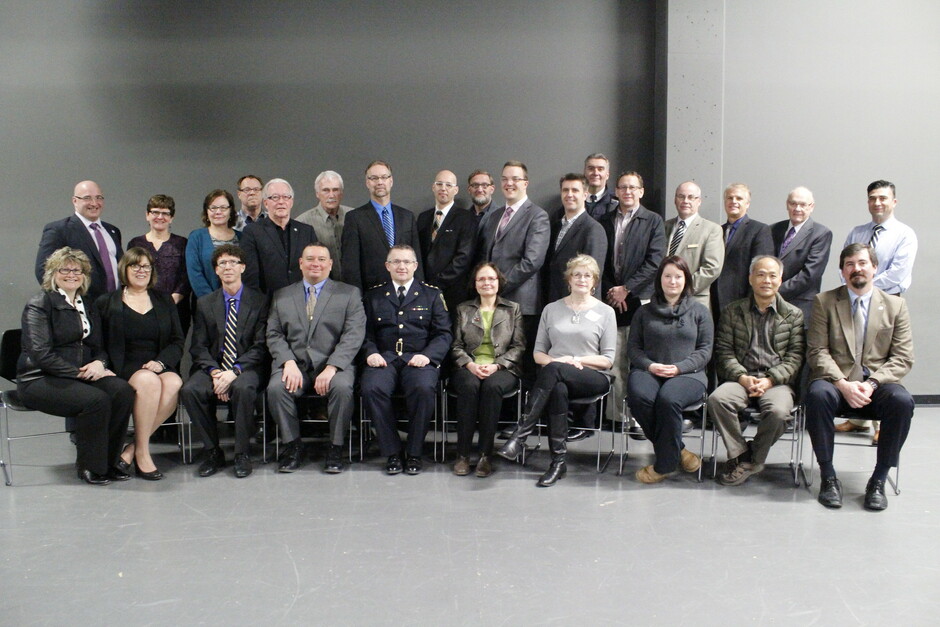
About 80 people representing education, law enforcement, health and human services from across southern Alberta renewed their support Monday for a regional protocol for assessing threats and intervening to prevent violence and harm.
The Southwest Alberta Regional VTRA (Violence Threat Risk Assessment) Protocol provides a collaborative response to assessing and identifying threatening behaviour and intervening to prevent violence.
Originally signed in 2012, the protocol in southern Alberta covers the largest geographic region of any VTRA agreement in Canada, said Kevin Cameron, the director of the Canadian Centre for Threat Assessment and Trauma Response and the driving force behind VTRA processes.
Palliser is one of six school divisions involved in the protocol. Three private schools in the region are among the new partners.
Cameron said he is “exceedingly proud” of the work in southern Alberta because partners here were first to embrace the collaborative approach to preventing violent behaviour.
Cameron rose to prominence in the threat assessment field following his work on the Taber Response Project for the Alberta government, in the wake of a school shooting in southern Alberta in 1999. Today, he consults on cases internationally, promoting assessment and intervention and examining how system dynamics impact individuals.
“We knew early on if this was going to succeed, it had to be more than about school shootings,” he told the crowd gathered in downtown Lethbridge for the signing event. “It had to be for all forms of violence.”
Cameron said the behaviour seen at school may not seem serious if school staff is unaware of problems at home, calls to police to deal with domestic violence, for example, or information being relayed by the individual to a counsellor. It’s only when those parties communicate — as they can under the protocol and legislation if there’s reasonable concern for safety — that the bigger picture emerges.
In that respect, the VTRA process “connects the dots,” Cameron said. “It allows us to share information legally.”
Doing so, and intervening appropriately, can prevent behaviour from escalating.
This broad approach to identifying, assessing and addressing threats has made great strides over the years, with the province of B.C. making VTRA a provincial priority in a recent speech from the throne.
Palliser Associate Superintendent (Education Services) Pat Rivard welcomed new partners to the agreement and encouraged community agencies who have not signed on to learn more.
He said Palliser has seen the power of information sharing in preventing harm.
“The importance of not working in silos has been incredible,” Rivard said.
Upcoming training opportunities include a Level 1 training session April 23-24 at Palliser Regional Schools’ office in Lethbridge; Level 2 training Oct. 1-2; and a train-the-trainer session Nov. 18-20. For more information on training opportunities, contact South West Regional Collaborative Service Delivery through the organization’s website at swrcsd.ca.
Cameron said he’d be interested in developing a “homegrown research project,” to evaluate VTRA cases, outcomes and other data. It’s a concept he raised with Board of Trustees during a presentation he made to Palliser in August.

